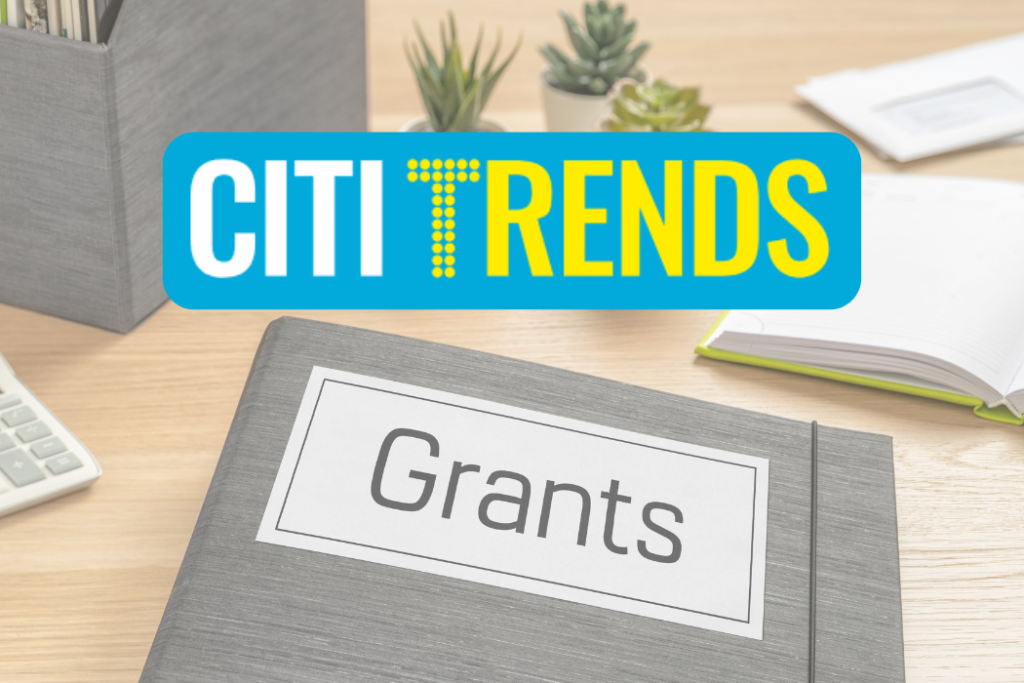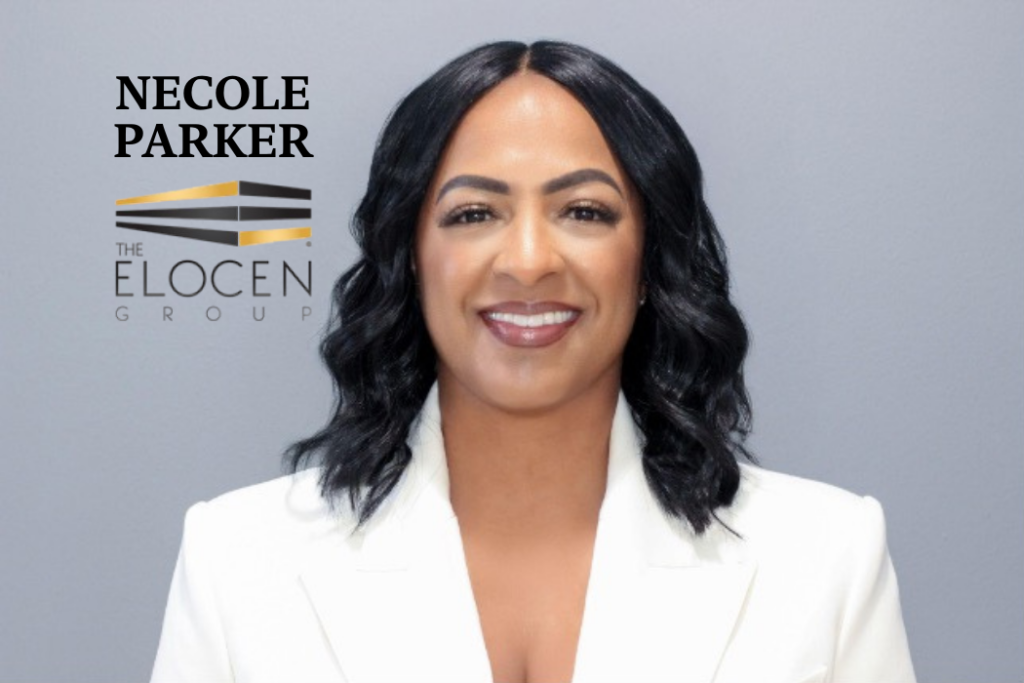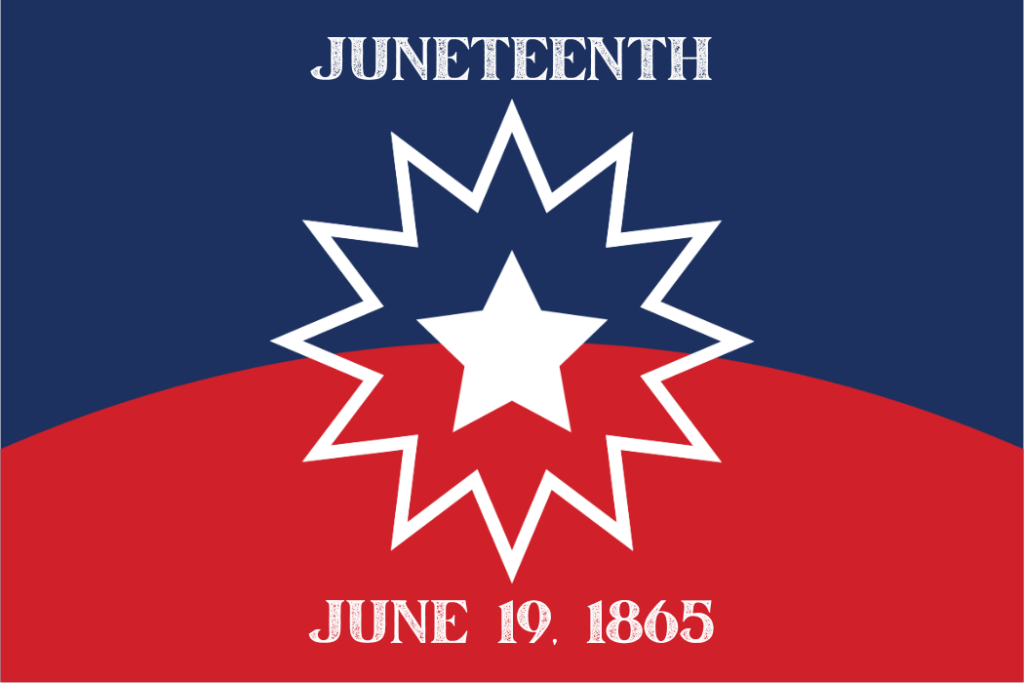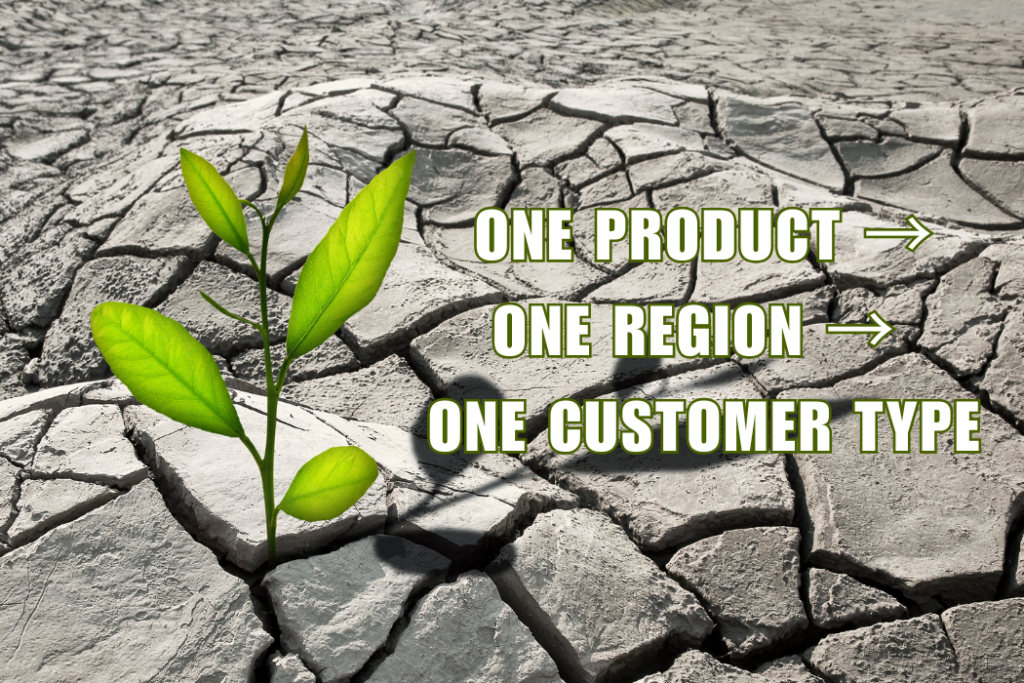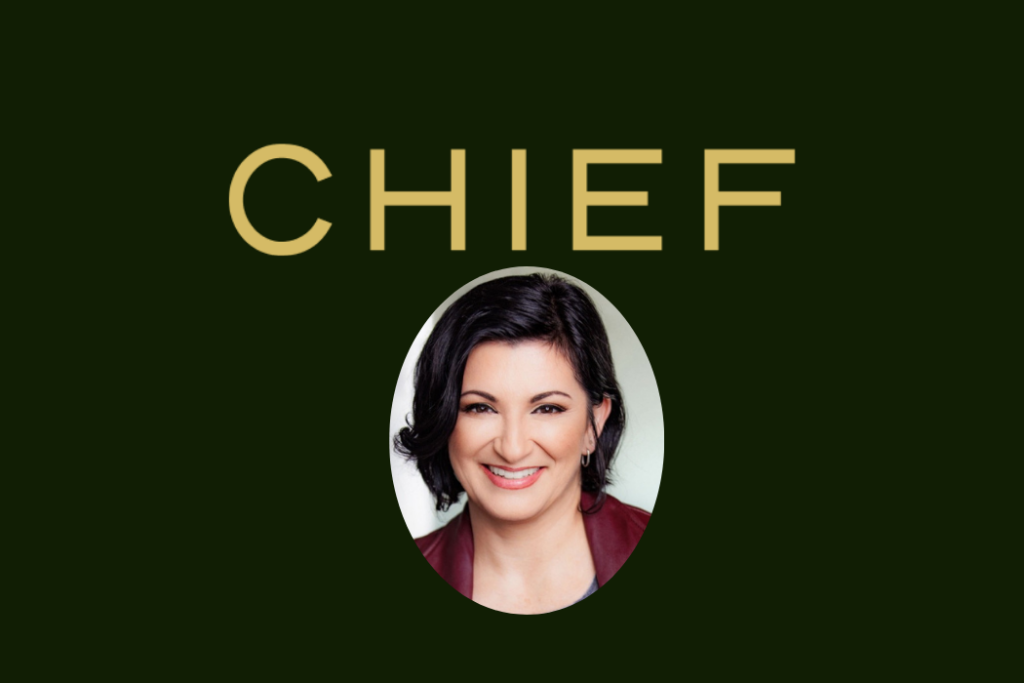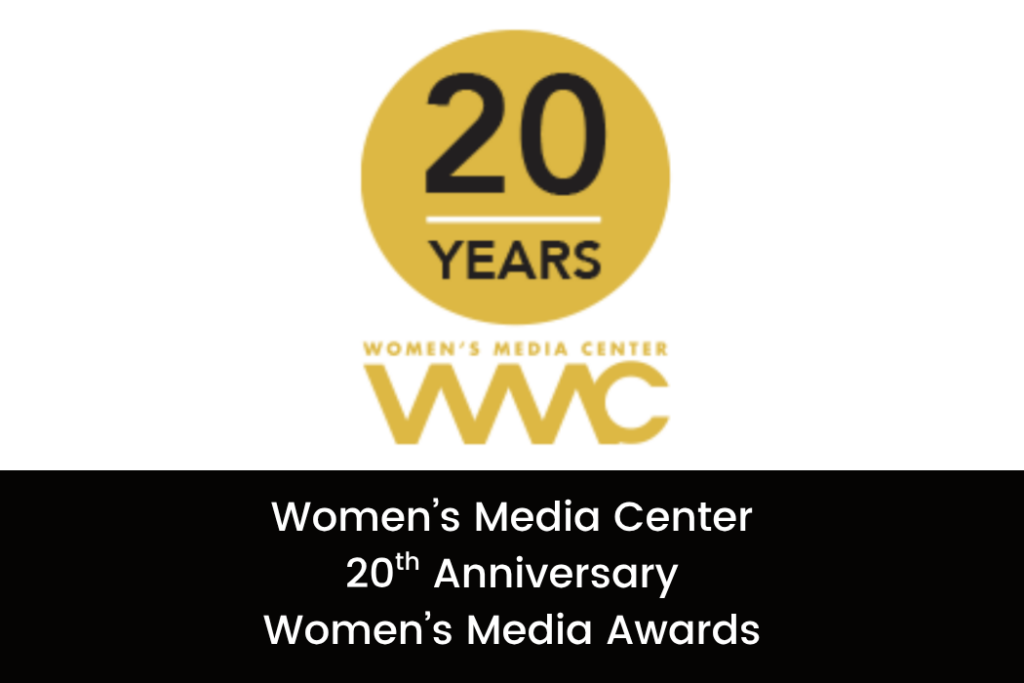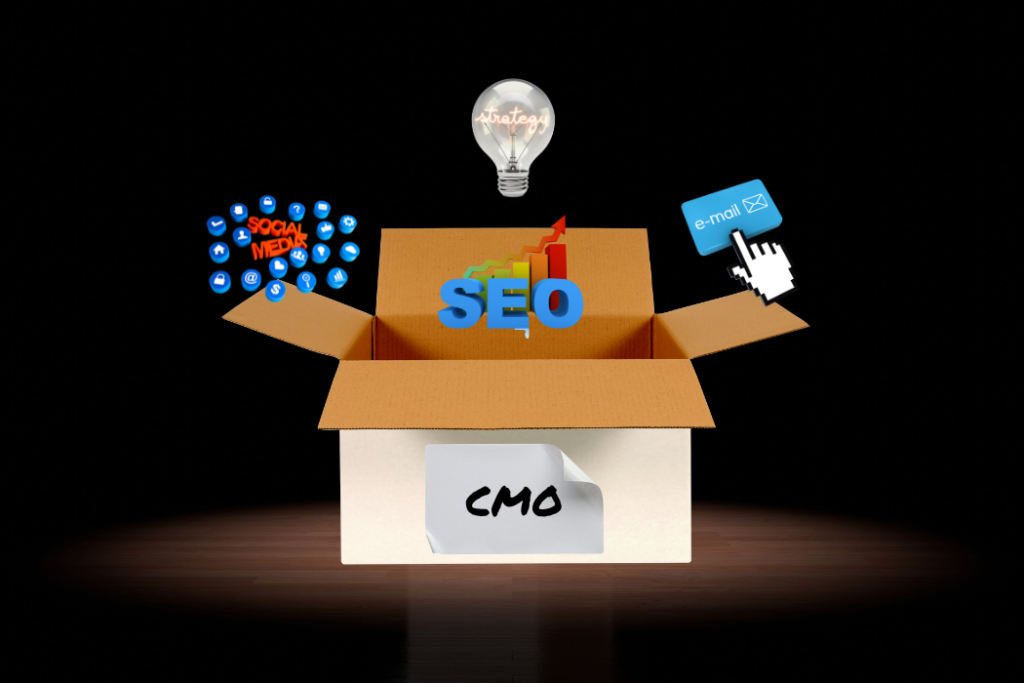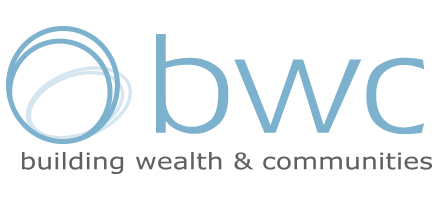
BWC Consulting has been working with clients to prepare for a post-COVID-19 world as well as helping them navigate funding obstacles.
When most businesses ceased operating due to COVID-19 pandemic stay-at-home orders in March, none were more affected than small, minority-owned businesses. Global Strategy Group surveyed 500 black and Latinx small business owners and found that more than 1 in 5 African American small business owners and just over 1 in 10 Latinx small business owners temporarily closed due to the COVID-19 pandemic. Among respondents, 15 percent said they had closed permanently; the remaining 45 percent said they did not expect to get through six or more months without some financial assistance.
In an effort to provide financial relief to these struggling businesses, Congress passed two small business bailout packages over the last several months, including $349 billion for forgivable Payroll Protection Program (PPP) loans. Unfortunately, the funds in the initial relief package were exhausted in less than two weeks with many minority business owners not receiving any of the funding.
A subsequent relief package provided an additional $310 billion in relief funds with $60 billion in set-aside dollars to be provided to small businesses by community development lenders, credit unions, and certain other smaller lenders. The intent of the set-aside was to ensure that more PPP loans reached minority-owned businesses.
However, the Global Strategy Group survey revealed that one in five of the respondents applied for federal aid, and of those who applied, only 12 percent said they received the full amount; 30 percent said they were still waiting to hear.
BWC Consulting, a minority-owned and led boutique economic development consulting firm was fortunate to receive federal funding. And, having gone through the process, has been working with clients to prepare for a post-COVID-19 world as well as helping them navigate funding obstacles.
“Most, if not all, of our clients are dealing with how to react rather than respond. There’s a lot of reacting to what COVID-19 has meant from business disruption, organizational structure, and more. We try to acknowledge this while helping our clients prepare and position themselves for what’s coming after the COVID-19 experience. Basically, ensuring that they’ll be ready to pursue projects that were either in progress before this came upon us, or that were in the works to be pursued, says Managing Partner E.L. Chisholm.
BWC Consulting works with clients on projects ranging from the expansion of manufacturing facilities to community development and construction of new college campus facilities. A number of their clients were able to secure a PPP loan, but Chisholm adds that for every one the firm’s clients who had success, “there are multiple non-successes in regards to the program.”
Cedric Johnson, vice president of Research & Analysis at BWC Consulting, believes that a lack of banking relationships is one of the main obstacles to minority-owned businesses receiving PPP loans.
“There’s a difference between banking with a financial institution and having a banking relationship. And for a number of minority business owners, they didn’t have deep and sustained business relationships. That created another level of work in order to, not just get an application submitted, but actually get someone to communicate with you to let you know where you are in the process,” he says.
Chisholm adds that lack of established banking relationships is an age-old problem for minority-owned businesses and one that, most likely, extends beyond the federal government.
“This is a part of a history of minority businesses and communities continually being underserved by dominant institutions here in the United States. And it’s simply just played out in a program that was put out rather quickly. And one of the unfortunate implications and repercussions of that is that businesses of color have experienced less than needed and desired support from this particular program. And if it’s happening in this program, one would expect that any other program that’s out there, supposedly to support and help these enterprises, would probably result in the same outcomes.”
Earvin “Magic” Johnson, former NBA player and CEO of Magic Johnson Enterprises, recently collaborated with MBE Capital Partners to offer $100 million in loans to minority- and women-owned companies hurt by stay-at-home orders due to Covid-19. The loans were funded through Johnson’s EquiTrust Life Insurance Company and will be provided through the PPP.
Although Chisholm applauds Johnson’s effort to help underserved and minority businesses, he acknowledges it is miniscule to the scale and impact of the federal government.
“More deliberate efforts should be made [by the government], and not just focusing on the what, the what being we need to support small businesses during the COVID-19 pandemic, but also how do we ensure that the funds actually reach these businesses, does not appear to be part of the core conversations and exploration that are had at the policy level. And while policies may have good intentions, what matters more is the outcome. The Magic Johnson initiatives of the world are definitely welcomed and needed, we do not want to give the federal government and its continued track record of not focusing on the how and being more consumed by the what, a pass.”
BWC Consulting is a minority-owned and led strategic and economic development finance consulting firm founded in 2005 by Bridget Chisholm. The firm provides strategic guidance and financing for projects, often in underserved communities, that face difficulties securing funding from traditional financial markets. They identify creative, viable financing solutions to clients across multiple sectors, including private, not-for-profit, and public, as well as local units of municipalities. BWC Consulting is committed to addressing the inequity and access to capital and opportunity typically for minority-owned businesses and underserved communities.



